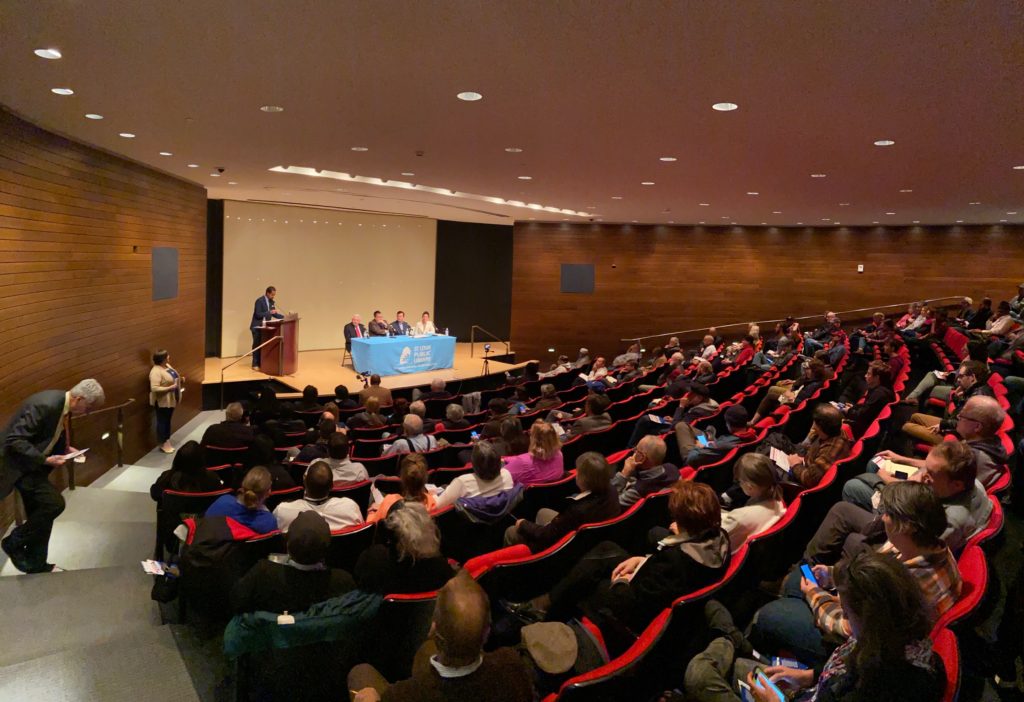Expiration Dates for Claims That Things Are Good Things or Bad Things?
It’s rather amazing that we continue to use the words “good” and “bad.” Can you think of any words that are less precise than these? Do these words even have valid or reliable meanings? “Good” and “bad” often seem to serve only as hazy placeholders for shots in the dark or ineffable emotions. Philosophers have struggled to define good and bad things for millennia with very little of practical use to show for all of their labor. Except for such fundamental things as having food and shelter and avoiding unwanted physical pain and death, people constantly disagree about what is good and bad. The subjects of these disagreements are everywhere. They include such things as good and bad food, cities, politicians, cars, jobs, art, children, pets, technology, habits, websites, books, moral choices, friends and romantic partners.
But let’s set aside our ubiquitous disagreements for a moment. Let’s assume that within our own particular comfy community we can somehow find a general consensus that something is a “good” thing. If that were possible, it would reveal an equally big problem that is the focus of this article: Good things often only seem good only until they play out in real in the real world. To our dismay, good things often turn out to be bad things with the passage of time. And things that seem bad today often turn out to be good.
would reveal an equally big problem that is the focus of this article: Good things often only seem good only until they play out in real in the real world. To our dismay, good things often turn out to be bad things with the passage of time. And things that seem bad today often turn out to be good.
• You got fired from your job (bad), which opened up a better opportunity (good).
• You got that job you always wanted (good), but two months after beginning that job, you hated it (bad).
• WWII caused terrible suffering for millions of people (bad), but that hellacious war inspired countless acts of heroism and resulted in the defeat of tyranny (good things).
• You were late to the airport and missed the plane (bad), but the plane crashed (good for you that you weren’t on it).


 h secrecy. The entire process also reeks of conflicts of interest.
h secrecy. The entire process also reeks of conflicts of interest.